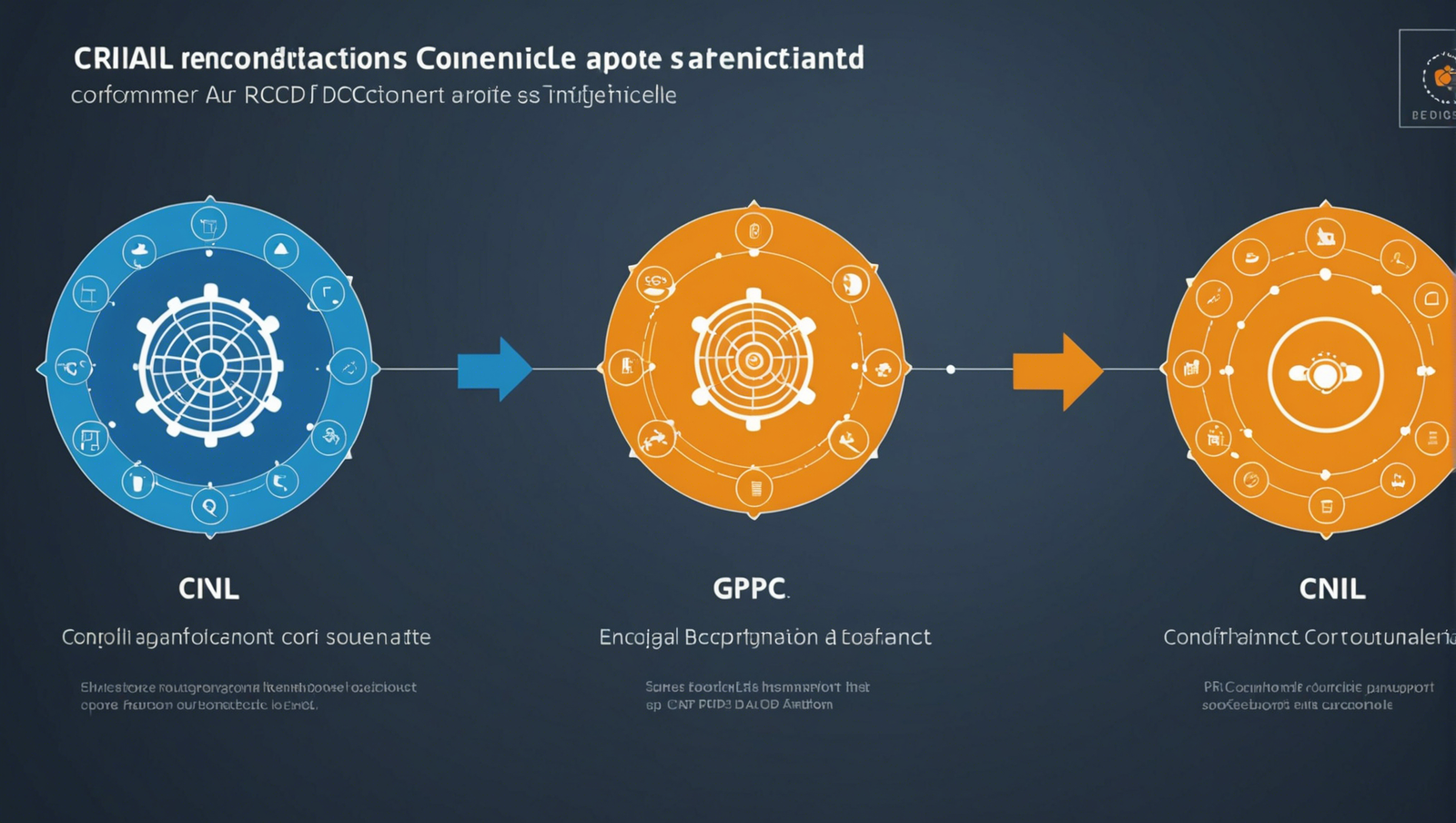The growing integration of artificial intelligence (AI) into our information systems and daily lives raises questions about the regulation of this technology, particularly concerning the protection of personal data. The National Commission on Informatics and Liberty (CNIL), the guardian of French data protection, has issued recommendations to ensure that the development and use of AI respect the framework of the General Data Protection Regulation (GDPR).
Respect for Personal Data: The Stakes for AI

As AI advances rapidly, marking its influence in various sectors such as health, finance, and marketing, the CNIL emphasizes the importance of adhering to the rules established by the GDPR. This includes ensuring that the data used by AI systems are collected, processed, and secured in an ethical and legal manner. The proliferation of personal data and its potential for exploitation exposes users to risks of privacy violations, making regulatory oversight more crucial than ever.
Specifically, what does the CNIL recommend?

The CNIL proposes a series of measures to govern the use of AI in harmony with the GDPR:
- Transparency: AI algorithms must be transparent and their functioning understandable to users.
- Consent: users’ consent must be clearly obtained for the processing of their data for specific purposes.
- Data Protection: robust mechanisms must be put in place to secure data against unauthorized access or leaks.
- Data Minimization: only the data necessary to achieve a specific objective should be collected and processed.
The Impact on Businesses and Public Perception
The CNIL’s recommendations are likely to transform not only how businesses approach AI but also public trust in this technology. By establishing stricter and more transparent practices, the CNIL aims to strengthen the bond of trust between citizens and digital technologies. This could lead to a better acceptance of AI in society, seen no longer as a threat but as a tool for the collective well-being.
Towards a New Era of Responsible Artificial Intelligence
Ultimately, if the CNIL’s recommendations are adopted and properly implemented, they could signify a decisive turn towards a more responsible and ethical era of AI. Both users and businesses must prepare to integrate these principles for a future where technology and respect for privacy coexist harmoniously.






